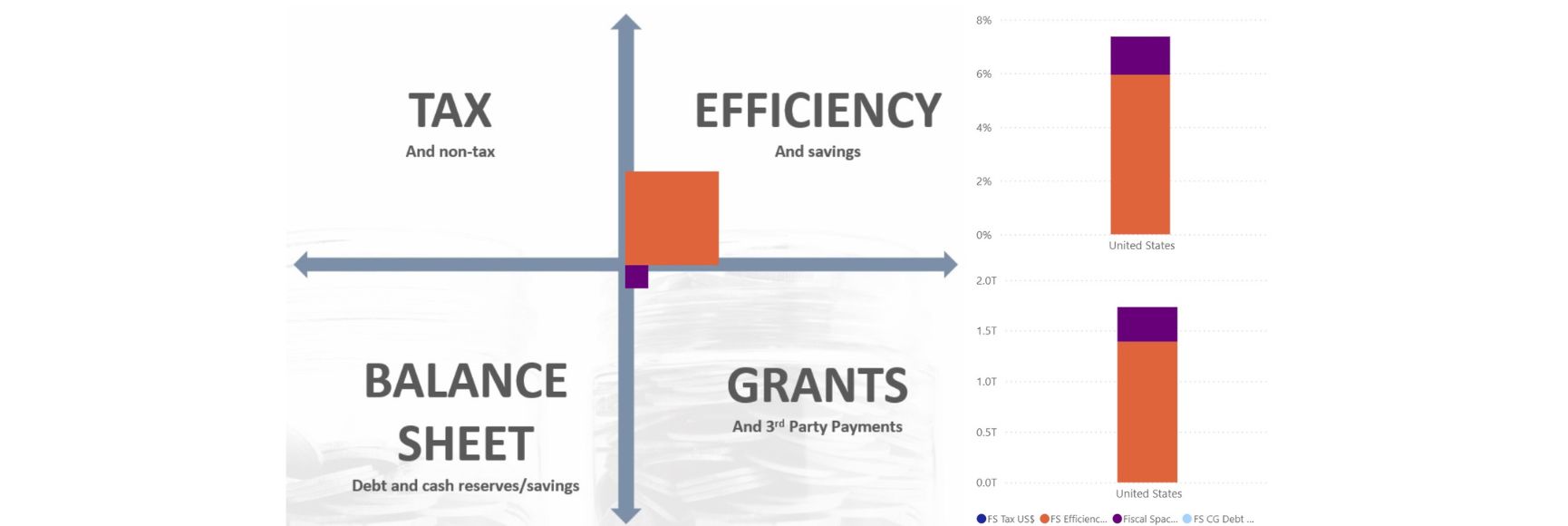Posted by Tom Josephs
Should the public sector aim to follow the approach to financial control used in the private sector? In 2011 the UK government took a step in this direction by publishing the first Whole of Government Accounts (WGA) which consolidate the financial accounts of over 1,500 organizations across the public sector on a similar basis to commercial accounting. Two recent papers[1] suggest that the UK government should build on this initiative—following the introduction of accrual-based accounting and budgeting ten years earlier—by developing better financial control structures which mirror those used in the private sector. The ideas put forward provide a useful contribution to this debate.
WGA is based on the system of accounts used internationally by the private sector, adapted where appropriate for the public sector, and uses a similar presentation to private sector accounts. It is the first time a consolidated set of accounts has been published for the UK public sector. Because it follows commercial accounting practices it should open up the public sector finances to wider external scrutiny by accounting professionals. While WGA’s contribution to increased transparency has been widely recognized it has yet to find a role in policy-making. Partly this reflects the fact that it is a relatively new innovation. It is unfamiliar to policy-makers and there is no historical series and few international comparators against which to benchmark the current position. There are significant differences between the key measures of the public sector deficit and net liability position found in WGA compared to the equivalent National Accounts measures produced by the UK’s national statistical agency which are currently used in fiscal policy-making.
The establishment of the UK’s Office for Budget Responsibility (OBR), an independent body with a remit to produce analysis and forecasts of the public finances, is another important recent step forward in transparency. In its annual analysis of fiscal sustainability, the OBR provides a detailed reconciliation of the WGA deficit and net liability measures against the equivalent National Accounts measures. It also highlights areas where WGA provides information on fiscal sustainability that cannot currently be found in the National Accounts, such as around contingent liabilities and public sector pension liabilities. Over time the OBR’s analysis will be able to compare trends in the two measures and analyze the implications for fiscal sustainability of any significant divergences. This kind of analysis will be vital if the WGA is to develop a wider role in fiscal policy-making.
The ICAEW paper argues that recent improvements in transparency should be accompanied by stronger financial control structures within government. It suggests that the Treasury is too narrowly focused on medium-term budget control and that to fulfill a broader financial control function, similar to that found in the private sector, it should also lead on longer-term public sector efficiency and reform. The paper also suggests that the status of senior finance professionals within government should be strengthened to make them comparable to Chief Financial Officers (CFO) in the private sector. It argues that finance directors should have greater status on departmental boards and more involvement in the strategic development of policy across their departments, and that a CFO should be appointed with responsibility for financial control across the whole of the public sector and reporting to Cabinet.
These recommendations echo concerns in the IfG survey which compares financial leadership in the UK government with a selection of comparable countries—New Zealand, Australia, Canada and the US. The paper argues that the position of senior finance professionals in the UK government is relatively weak compared to both the private sector and to the other countries surveyed. It highlights the UK as being the only country surveyed which does not have a full-time head of finance profession. However, it acknowledges that in most countries such positions typically focus narrowly on the oversight of accounting and financial reporting procedures, and are not heavily involved in policy development and performance management, in a way that might be analogous to private sector CFOs.
The IfG paper also finds that the UK Treasury is the only finance ministry surveyed which does not lead on performance management in the public sector. This function, along with the government’s public sector efficiency program, is currently led from the Prime Minister’s central department. However, both have been located in the Treasury in the past so a return would not be without precedent.
The relatively devolved nature of financial management powers in the UK is a consequence of deliberate decisions made over the past thirty years, following similar reforms started in New Zealand and Australia. These reforms aimed to devolve decision-making, including on financial issues and budgets, to managers directly responsible for the projects and programs concerned, allowing the finance ministry to focus on strategic policy-development and overall expenditure control. The political nature of expenditure control in government is one reason why its financial management structures are likely to differ in important respects from those of a private corporation. Another is that the link between financial information and performance in the public sector is typically much less clear than in the private sector. However, some of the issues raised in these papers are areas which the UK government has itself been considering recently. In 2011 it launched a Finance Transformation Program with the intention of improving value for public money by learning from commercial sector best practice. A key plank of the program aims to increase the effectiveness of senior finance specialists within government.
[1] A CFO at the Cabinet Table?, Strengthening UK Government Finances for the Future, Institute of Charted Accountants in England and Wales (ICAEW); and Financial Leadership for Government, Institute for Government (IfG).
Note: The posts on the IMF PFM Blog should not be reported as representing the views of the IMF. The views expressed are those of the authors and do not necessarily represent those of the IMF or IMF policy.





